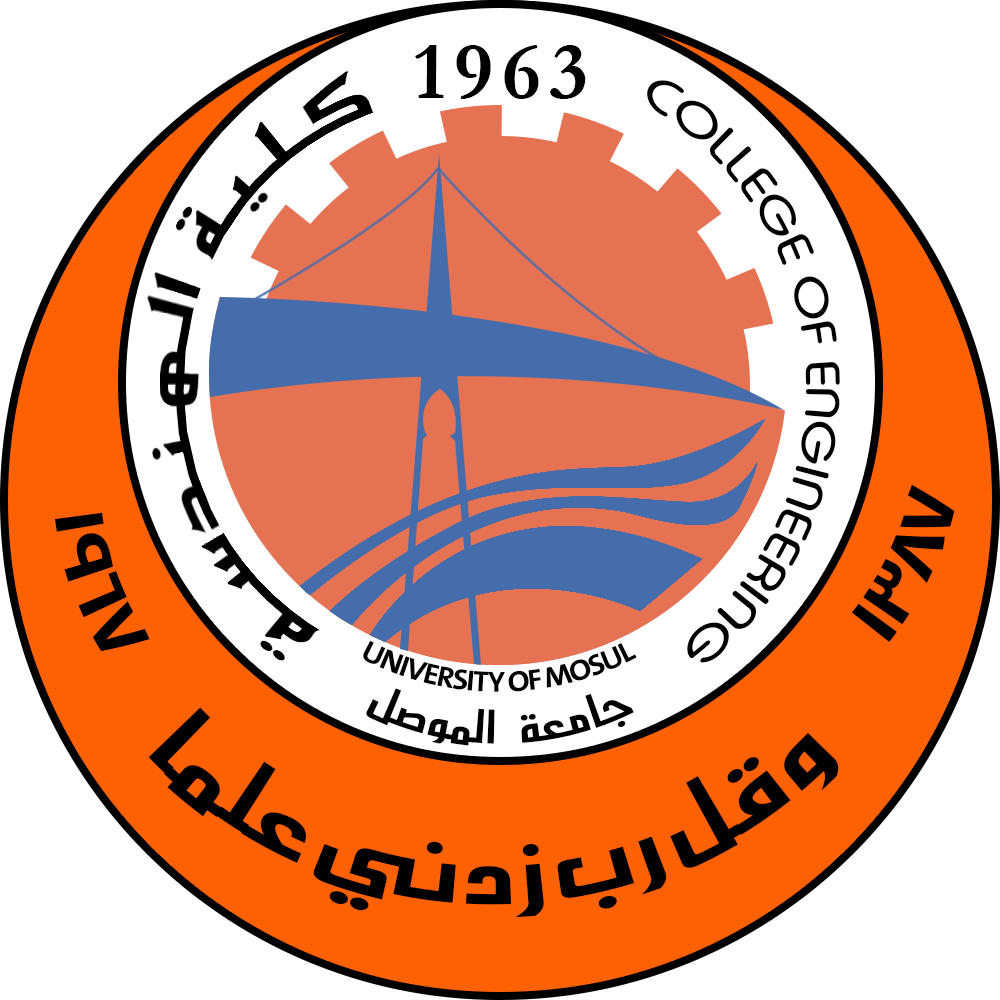Job Description and Qualifications for Graduates
The field of renewable energy engineering is a crucial branch of engineering that intersects with mechanical, electrical, and environmental engineering. This specialization primarily focuses on efficiently generating energy from renewable and environmentally friendly sources, such as solar, wind, and hydropower, as well as harnessing geothermal energy. Renewable energy engineers have a wide range of responsibilities, including the design of high-efficiency energy generation systems from renewable sources. Additionally, they analyze and enhance the performance of existing systems for energy production, storage, and transmission, leveraging their extensive knowledge of advanced technologies.
The importance of this specialization is increasing due to the negative environmental impacts of traditional energy sources like oil and coal. Renewable energy engineers embody the global vision of transitioning to clean and sustainable energy sources. They aim to optimize the use of environmental, financial, and human resources to achieve a more sustainable and environmentally friendly future.
The outcomes of the Sustainable Energy Engineering program form a unique and effective system, characterized by key attributes as outlined below.
Skills in the Profession of Sustainable Energy Engineering:
- Knowledge and Understanding:
- Manufacturing and/or workplace practices.
- Awareness of the regulatory framework and industry standards.
- Ethical engineering principles, ensuring the accuracy and integrity of information, considering the reliability of sources.
- Cultural Competencies:
- Ability to find engineering solutions through practical application to real-world problems.
- Knowledge and capacity to analyze, evaluate, and address technical issues.
- Practical Skills:
- Ability to apply engineering concepts and techniques, considering constraints in industrial, commercial, and environmental standards.
- Project management skills, including the implementation of methodologies and software systems as essential parts of planning and execution processes.
- Acquired Skills:
- Following engineering and scientific methods in problem-solving.
- Time and resource management.
- Leadership concepts and continuous development of teamwork skills.

